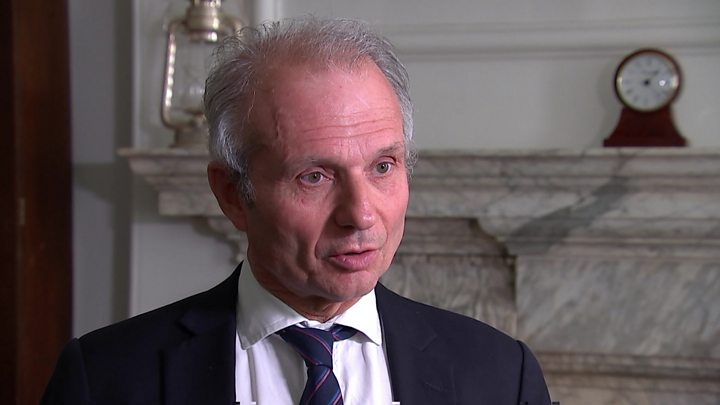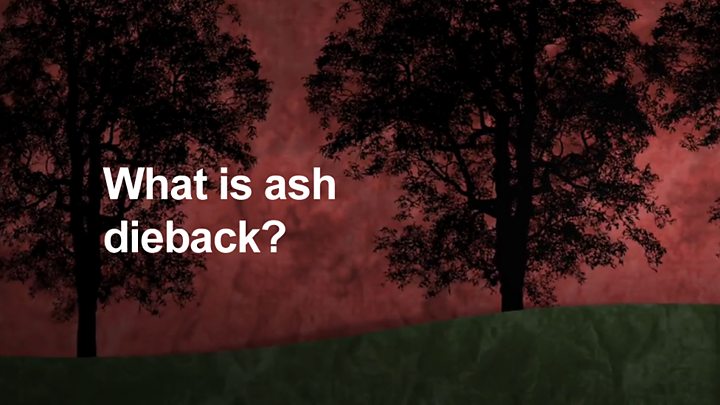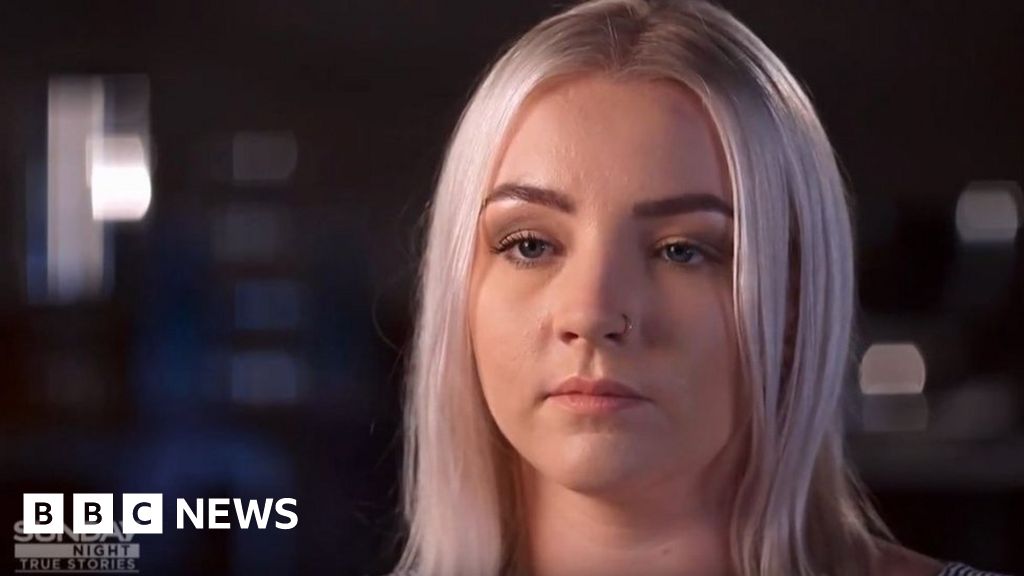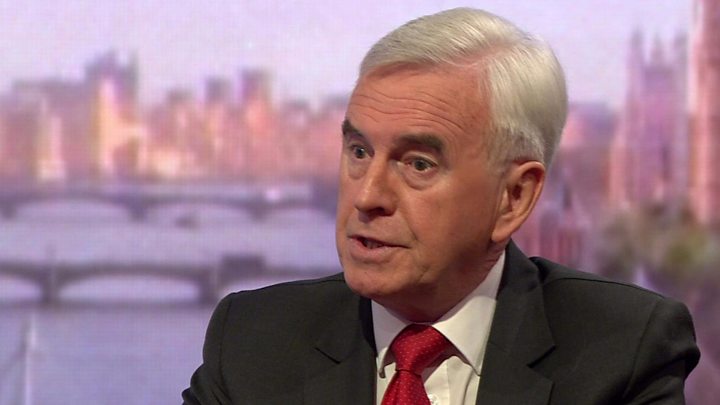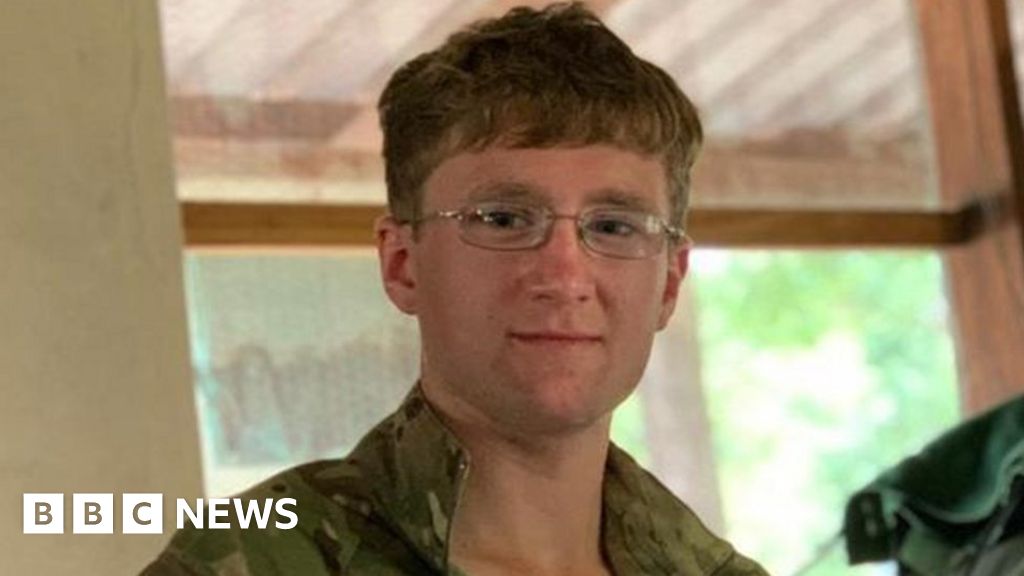
A British soldier has been killed by an elephant during a counter-poaching operation in Malawi.
Mathew Talbot, 22, of the 1st Battalion Coldstream Guards, was on patrol in Liwonde National Park on 5 May when he was charged by the animal.
His commanding officer, Lt Col Ed Launders, described Guardsman Talbot as "determined and big-hearted".
Defence Secretary Penny Mordaunt said he served with "great courage and professionalism".
She added: "This tragic incident is a reminder of the danger our military faces as they protect some of the world's most endangered species from those who seek to profit from the criminal slaughter of wildlife."
Kensington Palace said the Duke of Cambridge was writing to Gdsm Talbot's family to offer his condolences.
Gdsm Talbot, who was from the West Midlands, was serving in his first operational deployment, the Ministry of Defence said.
The patrol of armed British army soldiers and African Park Rangers was walking through tall grass - up to 7ft (2.1m) high - when they disturbed an unseen herd of elephants.
One of them charged at Gdsm Talbot. He died soon after from his injuries. No-one else on the patrol was hurt.
He leaves behind his father Steven, his mother Michelle, his sisters Aimee and Isabel, and his girlfriend, Olivia.
In a statement, the MoD said Gdsm Talbot "was not unfamiliar" with Africa and had volunteered to support counter-poaching in Malawi.
"With his keen interest in military history he was proud to have joined a regiment with such a rich and long lineage," it added.
Operation Corded, the name given to the Army's counter-poaching deployment in Malawi, assists in the training of rangers in a bid to help them crack down on the illegal wildlife trade.
Park rangers are taught skills such as tracking, partnered patrolling, communications, surveillance, and intelligence-sharing - with the first deployment taking place in August 2017.
The former defence secretary, Gavin Williamson, announced the expansion of the UK's counter-poaching training at two parks in Malawi - doubling the number of rangers mentored by soldiers to 120 - in 2018.
Gdsm Talbot's company commander, Maj Richard Wright, said that while he had only known the soldier for a short time, "he never failed to make me smile".
Lt Col Launders added: "Mathew was loved by his brothers in arms in the Coldstream Guards. We will sorely miss his humour, selflessness and unbeatable spirit."
Shadow defence secretary Nia Griffith described the death as "tragic news".
She added: "It underlines the dedication and selflessness of our armed forces personnel serving across the world.
"My thoughts are with his family at this difficult time."
Elephant poaching is a huge problem across Africa - some estimates say 30,000 are killed every year - and there are probably only around 450,000 left.
In many places it has become literally a war against poachers - that's why rangers are trained by British troops.
But there are different views over how to stop the illegal ivory trade.
International campaigns - backed by countries like Kenya - want a complete end to all ivory trade to prevent criminals exploiting permit loopholes.
But some southern African countries which account for the majority of Africa's elephants, believe limited and well-regulated trade in ivory can raise money to pay for conservation.
Botswana, which has been hosting an elephant summit over the past few days, has perhaps 130,000 of the animals - more than anywhere else - and has problems with human and elephant conflict.
The peculiar gift of elephant-foot stools to visiting leaders was a strong message in support of trade.
Under the management of a new president, it looks likely to re-introduce hunting -which is popular with rural voters - in an election year.
https://www.bbc.com/news/uk-48190628
2019-05-08 01:06:34Z
CBMiJGh0dHBzOi8vd3d3LmJiYy5jb20vbmV3cy91ay00ODE5MDYyONIBKGh0dHBzOi8vd3d3LmJiYy5jb20vbmV3cy9hbXAvdWstNDgxOTA2Mjg
